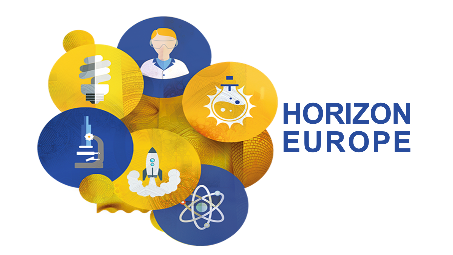(K-HealthinAir) knowledge for improving indoor AIR quality and HEALTH

Project summary
K-HEALTHinAIR aims at the assessment of the indoor air quality (IAQ) effects in health on the basis of an extensive monitoring campaign of chemical and biological indoor air pollutants in several very representative at EU level indoor locations together with a deep research on their sources, interactions and main correlations with health problems by means of theoretical analysis, clinical trials and tests (includes in vivo/vitro approaches). Moreover, Project will deliver affordable and easy for implementation measurements to monitor and improve current IAQ.
The project will deliver structured knowledge coming from both the monitoring, characterization and research stages formed by extensive and accurate data, qualitative information and guidelines in an easy and fully open access format to support public authorities, policy makers and many other collectives. Project will also deliver innovative equipment and associated tools to the citizens as main final users enabling them to monitor indoor air quality for identifying health risks and suggesting suitable solutions to mitigate them.
The advanced knowledge will be obtained by means of the deployment of a set of fully complementary activities.
The organization and publication of the knowledge generated in a fully open access platform looks for being considered a reference in accuracy and simplicity to favor easy consultation from public authorities and policy makers and support the definition of new legislations, regulations and standards. K-HEALTHinAIR ensures the integration of the existing legislation (e.g. in work places) within a comprehensive proposition of new indoor air quality standards leading new science-based regulations. K-HEALTHinAIR will deploy activities leading to effectively engaging most of the collectives concerned verifying that project results will impact as it is expected
Impact
In order to ensure wide impacts, K-HEALTHinAIR will deploy activities leading to effectively engaging most of the collectives (target groups) concerned, verifying that project results will impact as it is expected. Special emphasis will be paid on public authorities that will be fully involved by means of specific training, motivation and communication actions, building occupants and other groups of people (considering that the selected piloting scenarios are representative enough) through direct contact and awareness campaigns and policy makers by making use of the main EU policy frameworks
More detailed information
Principal Investigator:
Role Erasmus MC:
Partner
Department:
Public Health
Project website:
Click here
Funding Agency:
Horizon Europe Global Challenges



